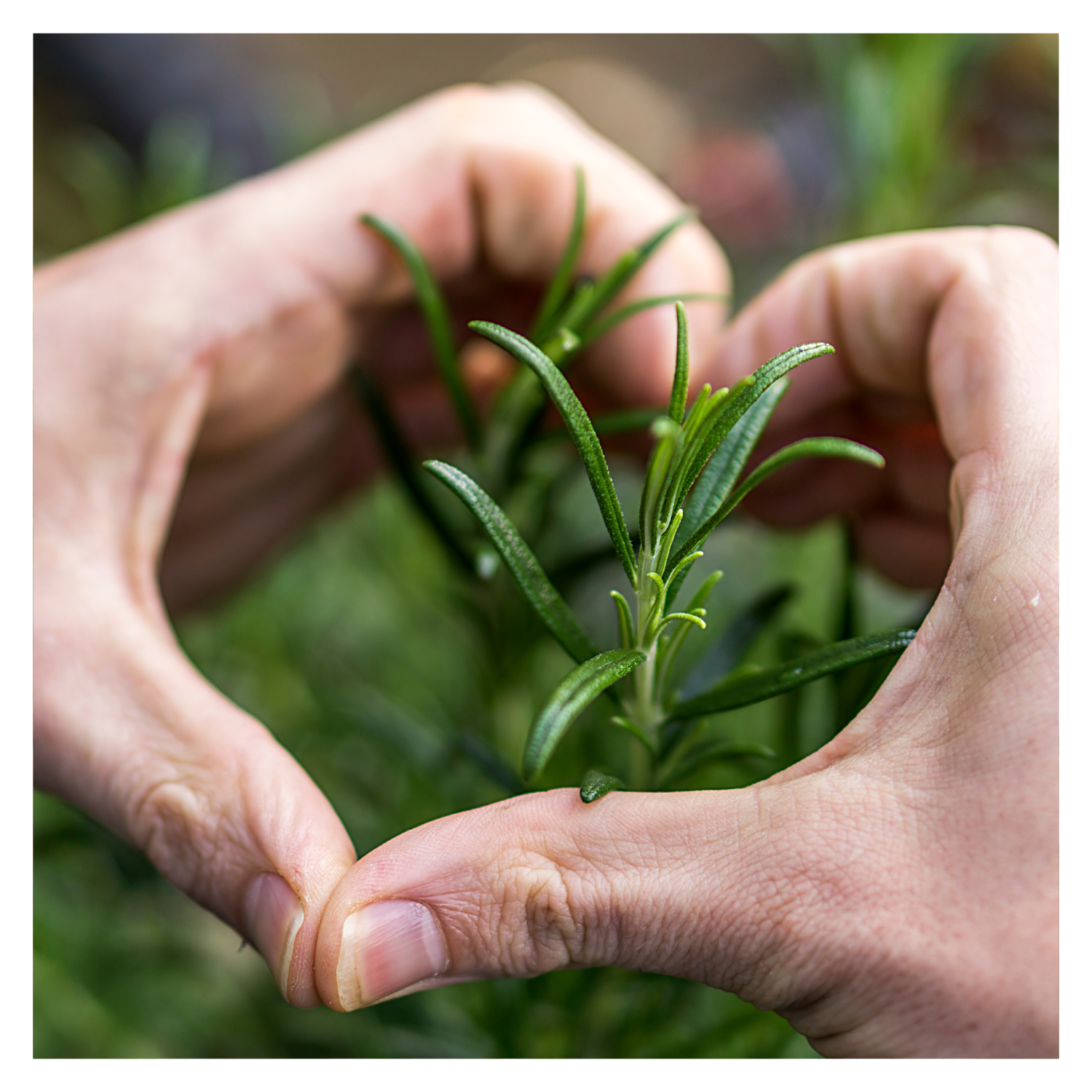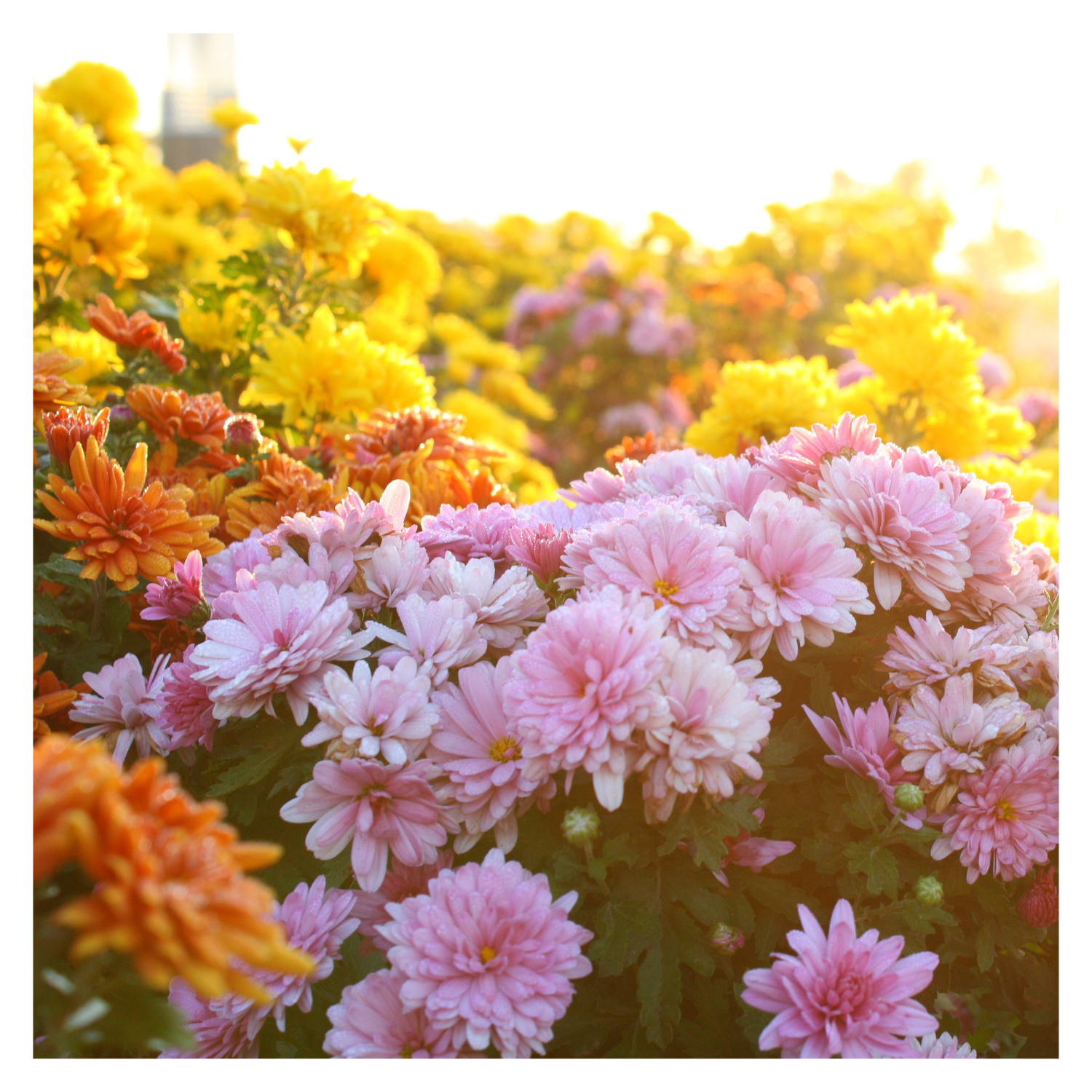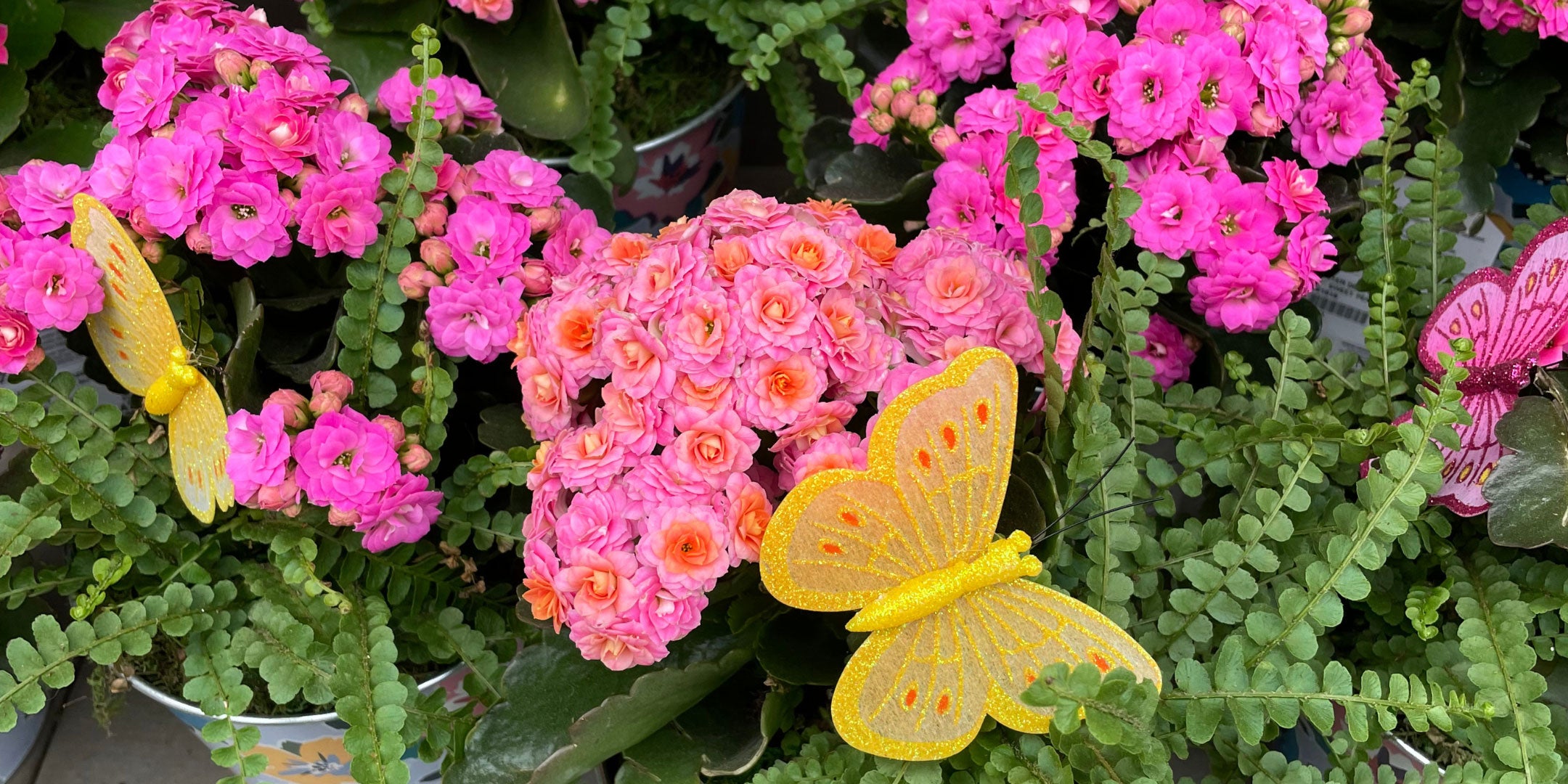Herb gardens are a fantastic way to enjoy fresh, flavorful additions to your meals while also benefiting from their beauty and fragrance in your garden. In Zone 4, where the growing season is shorter and winters can be harsh, it’s important to choose the right herbs and employ techniques that will help them thrive. Let’s explore how to grow and care for an herb garden in our northern climate, with a special focus on companion planting and pest management.
Choosing the Right Herbs for Zone 4
In Zone 4, it's essential to choose herbs that can withstand cooler temperatures and shorter growing seasons. Here are some hardy herbs that do well in our region:
- Chives: Perennial and hardy, chives are a great addition to any herb garden. They can withstand cold temperatures and will return year after year.
- Thyme: Another hardy perennial, thyme is drought-tolerant and can thrive in less-than-ideal soil conditions.
- Oregano: This aromatic herb is a great ground cover and is hardy in Zone 4 with proper mulching during winter.
- Mint: While mint can be invasive, it thrives in cool climates and can be easily controlled in containers.
- Parsley: Biennial in nature, parsley can survive through one winter and will often self-seed, ensuring you have a steady supply.
Other herbs like basil and cilantro can be grown as annuals, meaning you'll need to replant them each year, but they can still be a rewarding part of your herb garden.
Planting Techniques
When planting your herb garden, consider using raised beds or containers. These options allow for better control of soil quality and drainage, both of which are crucial for herbs that don’t like to sit in waterlogged soil.
Soil Preparation: Herbs generally prefer well-draining soil with a neutral to slightly alkaline pH. Adding organic matter like compost will enrich the soil, improve its structure, and provide necessary nutrients.
Sunlight: Most herbs need full sun, at least 6-8 hours a day. Choose a location in your garden that receives ample sunlight, or use containers that can be moved to follow the sun throughout the day.
Companion Planting for a Thriving Herb Garden
Companion planting is the practice of growing different plants together that benefit each other in various ways. In an herb garden, companion planting can help deter pests, improve growth, and even enhance flavor.
- Basil and Tomatoes: Basil is known to enhance the flavor of tomatoes and also helps repel pests like aphids, whiteflies, and tomato hornworms.
- Chives and Carrots: Planting chives near carrots can help deter carrot rust flies, and the chives will benefit from the nutrients the carrots add to the soil.
- Thyme and Cabbage: Thyme is an excellent companion for cabbage and other brassicas, as it can help repel cabbage moths and whiteflies.
- Oregano and Peppers: Oregano’s strong scent can help deter pests that are attracted to peppers, such as aphids and spider mites.
Managing Pests in Your Herb Garden
Even in a well-planned herb garden, pests can sometimes become a problem. Here are some tips for keeping your herb garden healthy and pest-free:
- Natural Predators: Encourage beneficial insects like ladybugs, lacewings, and predatory wasps that feed on common garden pests. Planting flowers like marigolds, dill, and fennel can attract these helpful insects.
- Handpicking: For larger pests like caterpillars or beetles, handpicking them off your plants can be an effective method of control.
- Diatomaceous Earth: Sprinkling diatomaceous earth around your herbs can deter slugs, snails, and other soft-bodied pests. It works by dehydrating them, so be sure to reapply after rain.
Winterizing Your Herb Garden
As fall approaches, it’s important to prepare your herb garden for winter. Perennial herbs like thyme, oregano, and chives can be mulched with straw or leaves to protect them from the cold. For tender perennials or annual herbs, consider bringing them indoors to extend their growing season. A sunny windowsill or a grow light can help keep them thriving until spring.
Growing an herb garden in Zone 4 can be incredibly rewarding with the right planning and care. By choosing hardy herbs, practicing companion planting, and staying on top of pest management, you’ll be well on your way to enjoying a bountiful herb harvest season after season. Happy gardening!




